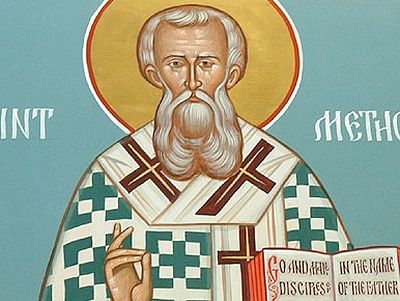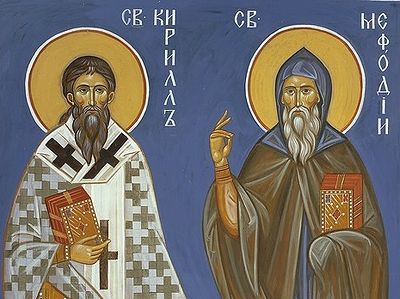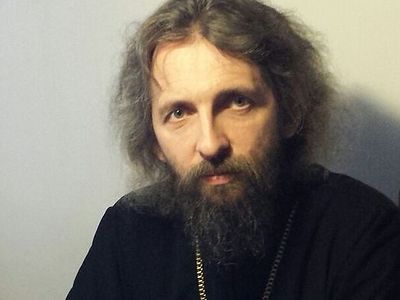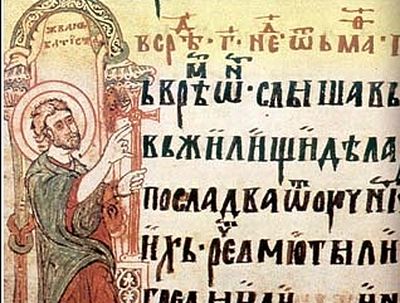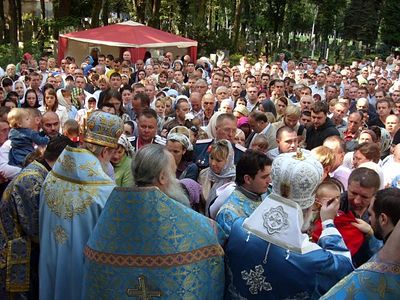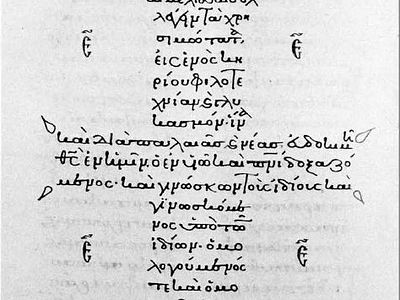Sts. Cyril and Methodius
24 мая 2017 г.

Подпишитесь на рассылку Православие.Ru
Рассылка выходит два раза в неделю:
- В воскресенье — православный календарь на предстоящую неделю.
- Новые книги издательства Сретенского монастыря.
- Специальная рассылка к большим праздникам.


